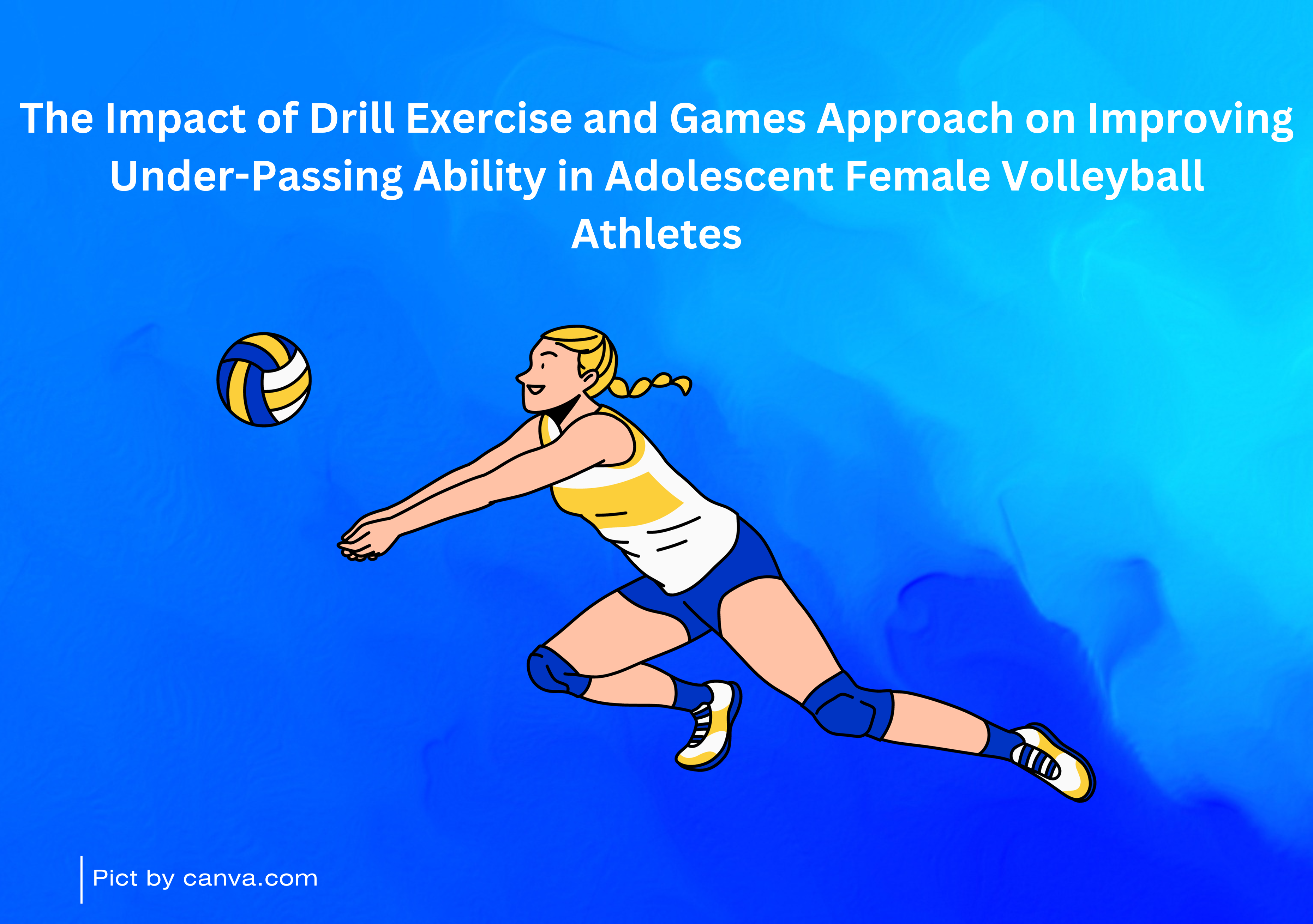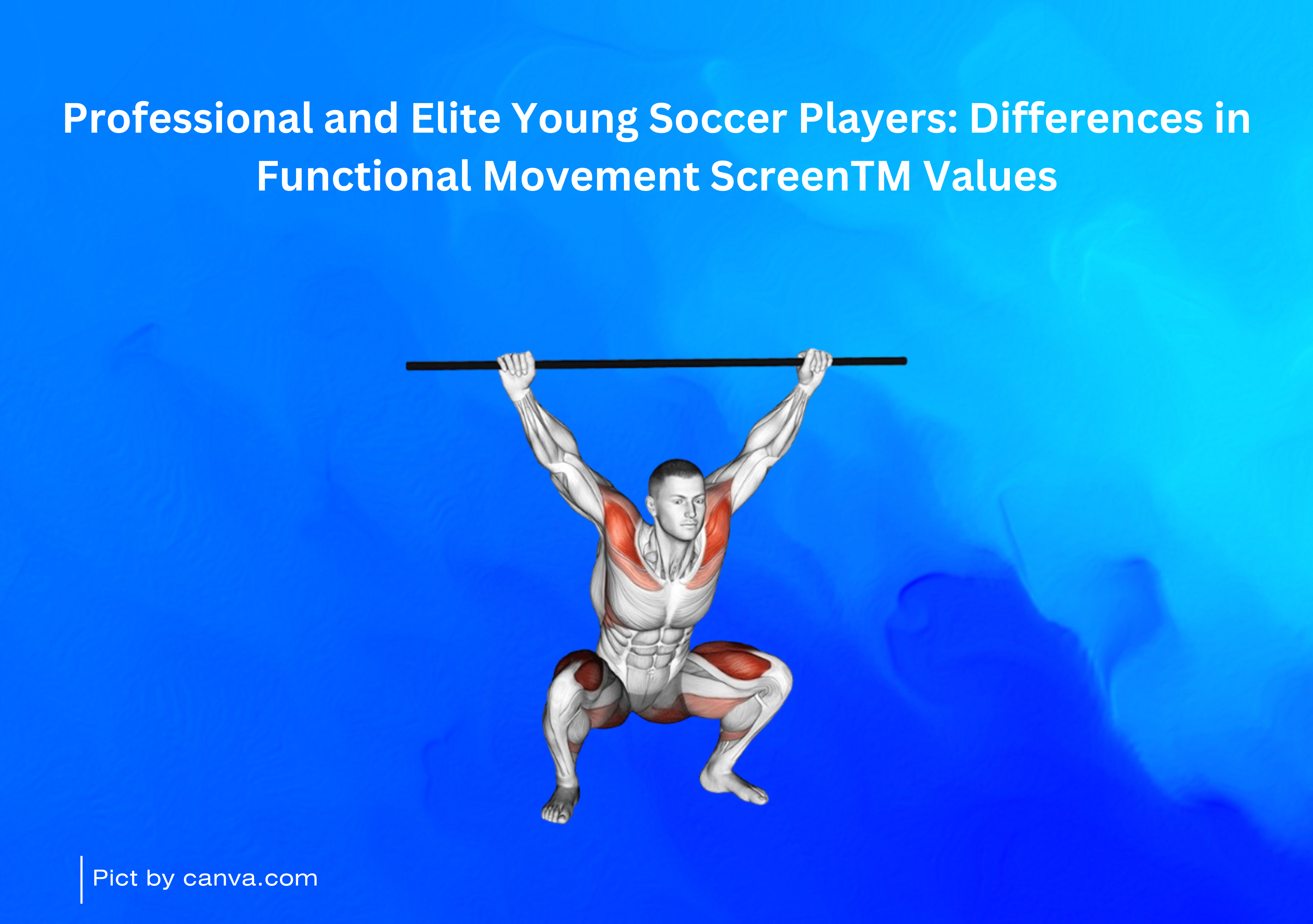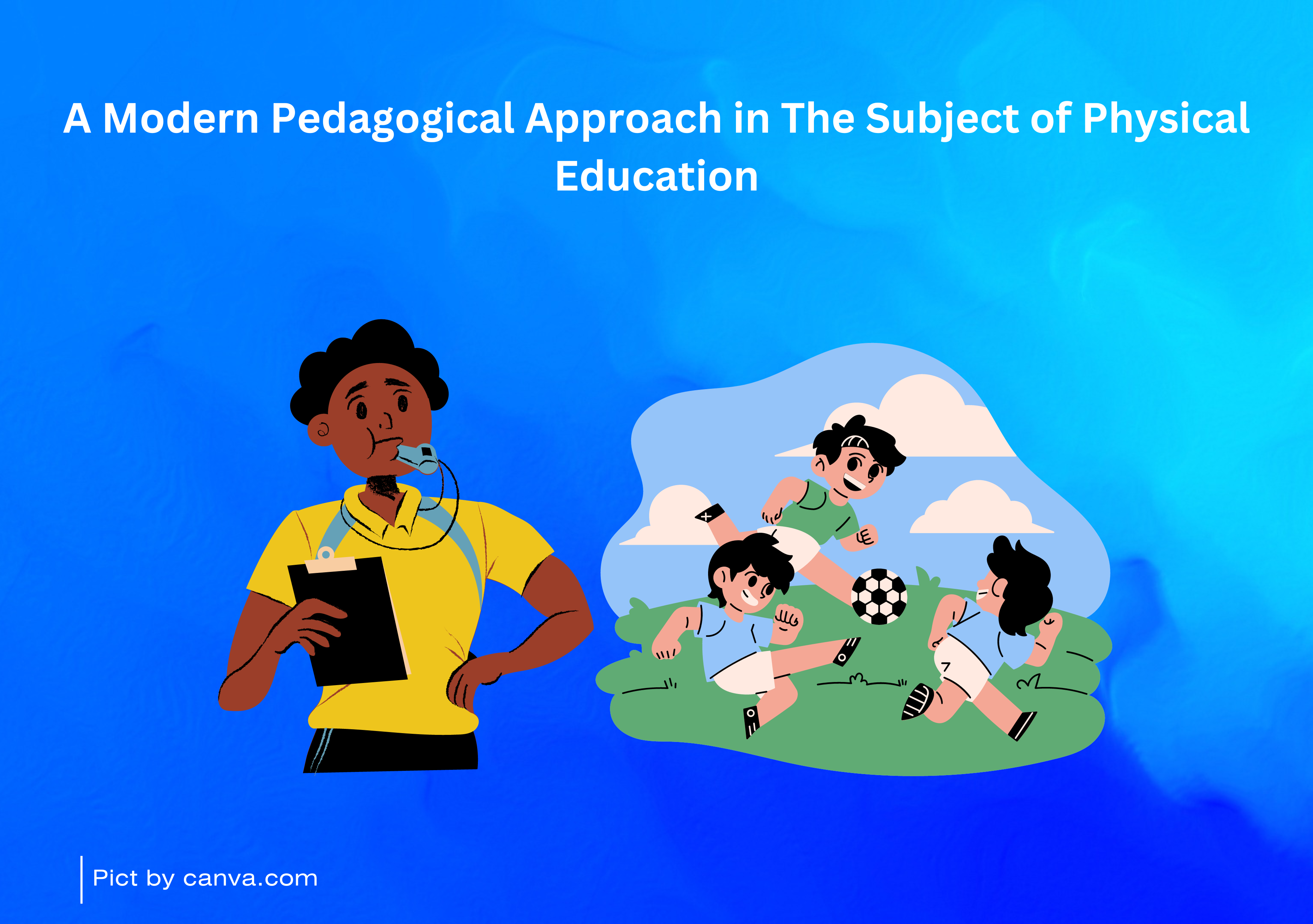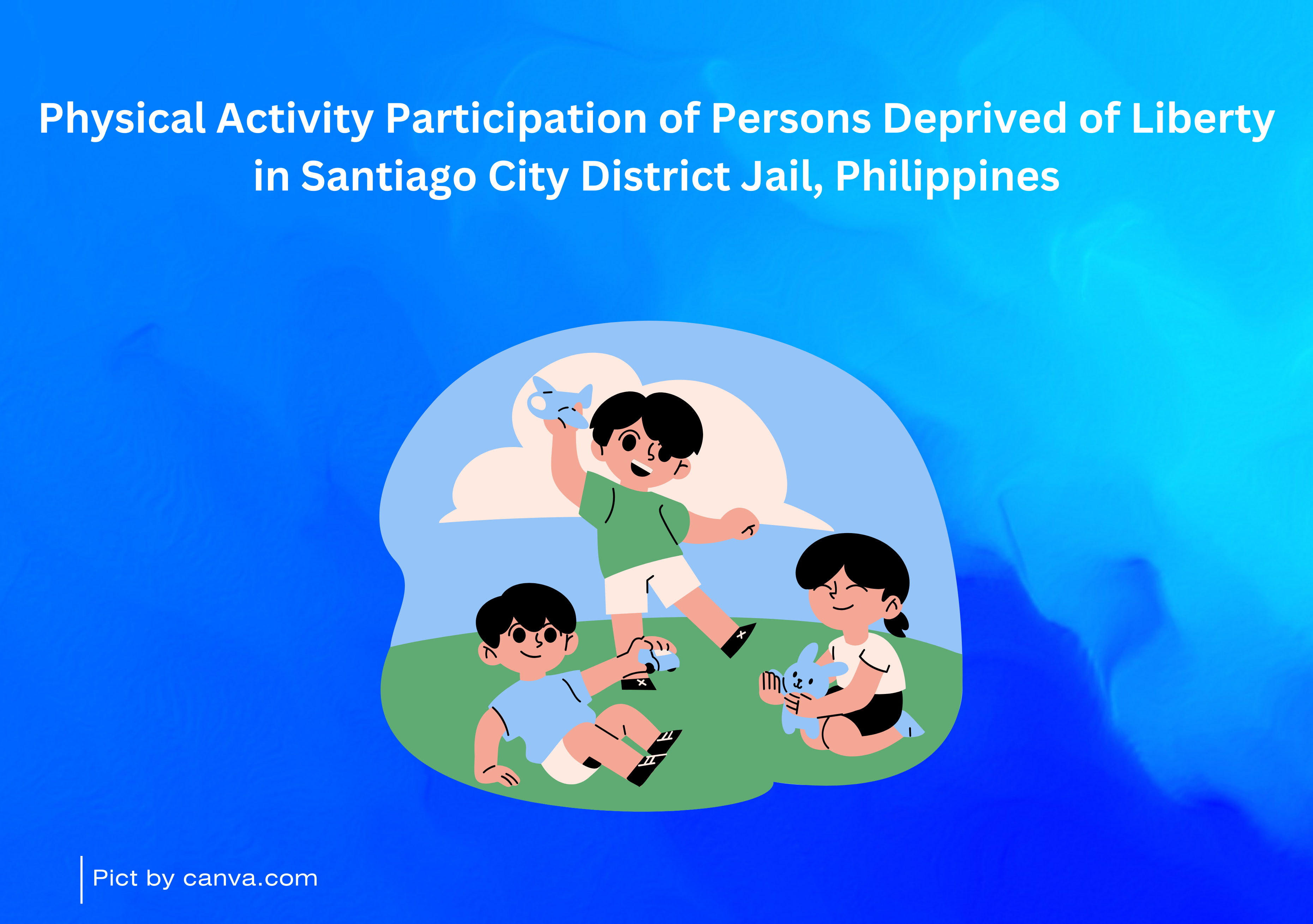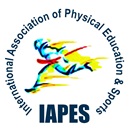Teachers’ Management in Implementation of CHED Memorandum Order (CMO) 39, Series of 2021 towards the Achievement of Students’ Learning Outcomes in Physical Education

Downloads
Background: The Commission on Higher Education (CHED) has issued Memorandum Order (CMO) No. 39, Series of 2021 that strengthens the management of physical education teachers and promotes the achievement of students’ learning outcomes. Higher education institutions will guarantee that they are adhering to the requirements of the CMO to ensure the quality of instruction in physical education and the improvement of the students’ learning outcomes.
Objectives: This research aims to investigate the process of implementation of the CMO 39, Series of 2021 and its contribution to the improvement of student learning outcomes in Physical Education (PE).
Methods: Through a qualitative research design based on a phenomenological approach, the researchers employed a purposive sampling method to select 9 male and 3 female PE teachers from Higher Learning Institution in the Philippines. A non-test instrument consisting of an interview guide was used to collect data from the study participants. The data was then analyzed to identify themes and patterns that emerged from the responses.
Results: The study revealed the effectiveness of physical education in terms of student motivation, class orientation, students’ participation, and the application of the Physical Activity Towards Health and Fitness (PATHFIT) program. The findings show that physical education is an important part of the educational process and has a direct influence on the students' learning outcomes. Furthermore, the study also highlights the importance of providing students with the necessary knowledge and skills to succeed, and of assessing the students' abilities from their performance to achieve course objective with good behavior and attitude.
Conclusion: It showed potential areas of improvement in the implementation process to ensure that the objectives of the memorandum are achieved, which is necessary for teachers to be aware of the competencies that need to be developed for students. This research will contribute to the existing literature on the importance of quality assurance programs, particularly in the area of physical education.
Abeysekera, L., & Dawson, P. (2015). Motivation and cognitive load in the flipped classroom: definition, rationale and a call for research. Higher Education Research and Development, 34(1), 1–14. https://doi.org/10.1080/07294360.2014.934336
Al Amin, M., & Greenwood, J. (2018). The examination system in Bangladesh and its impact: on curriculum, students, teachers and society. Language Testing in Asia, 8(1). https://doi.org/10.1186/s40468-018-0060-9
Alase, A. (2017). The Interpretative Phenomenological Analysis (IPA): A Guide to a Good Qualitative Research Approach. International Journal of Education and Literacy Studies, 5(2), 9. https://doi.org/10.7575/aiac.ijels.v.5n.2p.9
Alharbi, A. (2015). A descriptive-evaluative study of a Saudi EFL textbook series. Cogent Education, 2(1). https://doi.org/10.1080/2331186X.2015.1079946
Barr, B., & Miller, S. (2013). Higher Education: The Online Teaching and Learning Experience. Online Teaching and Learning, 23. Retrieved from http://www.eric.ed.gov/contentdelivery/servlet/ERICServlet?accno=ED543912
Barry, D. S., Marzouk, F., Chulak-Oglu, K., Bennett, D., Tierney, P., & O’Keeffe, G. W. (2016). Anatomy education for the YouTube generation. Anatomical Sciences Education, 9(1), 90–96. https://doi.org/10.1002/ase.1550
Béres, I., Magyar, T., & Turcsányi-Szabó, M. (2012). Towards a personalised, learning style based collaborative blended learning model with individual assessment. Informatics in Education, 11(1), 1–28. https://doi.org/10.15388/infedu.2012.01
Berlian, M., Vebrianto, R., & Thahir, M. (2021). Development of webtoon non-test instrument as education media. International Journal of Evaluation and Research in Education, 10(1), 185–192. https://doi.org/10.11591/ijere.v10i1.21007
Béres, I., Magyar, T., & Turcsányi-Szabó, M. (2012). Towards a personalised, learning style based collaborative blended learning model with individual assessment. Informatics in Education, 11(1), 1-28. https://www.ceeol.com/search/article-detail?id=195890
Bhattacharyya, E., & Shariff, A. B. M. S. (2014). Learning Style and its Impact in Higher Education and Human Capital Needs. Procedia - Social and Behavioral Sciences, 123, 485–494. https://doi.org/10.1016/j.sbspro.2014.01.1448
Bredart, A., Marrel, A., Abetz-Webb, L., Lasch, K., & Acquadro, C. (2014). Interviewing to develop Patient-Reported Outcome (PRO) measures for clinica...: Brackett Library’s Power Search. Health and Quality of Life Outcomes, 12(15), 1–20. Retrieved from http://eds.a.ebscohost.com/eds/detail/detail?vid=8&sid=b47c2e76-255a-46fc-abf8-529b37202be3%40sessionmgr4003&hid=4111&bdata=JkF1dGhUeXBlPWlwLGNvb2tpZSZzaXRlPWVkcy1saXZlJnNjb3BlPXNpdGU%3D#db=a9h&AN=94429595
Buli-Holmberg, J., & Jeyaprathaban, S. (2016). Effective practice in inclusive and special needs education. International Journal of Special Education, 31(1), 119–134.
Chakraborty, M., & Muyia Nafukho, F. (2014). Strengthening student engagement: What do students want in online courses? European Journal of Training and Development, 38(9), 782–802. https://doi.org/10.1108/EJTD-11-2013-0123
Chen, A. (2015). Operationalizing physical literacy for learners: Embodying the motivation to move. Journal of Sport and Health Science, 4(2), 125–131. https://doi.org/10.1016/j.jshs.2015.03.005
Chi, M. T. H., & Wylie, R. (2014). The ICAP Framework: Linking Cognitive Engagement to Active Learning Outcomes. Educational Psychologist, 49(4), 219–243. https://doi.org/10.1080/00461520.2014.965823
Chism, N. V. N., Angelo, T. A., & Cross, K. P. (1995). Classroom Assessment Techniques: A Handbook for College Teachers. The Journal of Higher Education, 66(1), 108. https://doi.org/10.2307/2943957
Culajara, C. J. (2022). Maximizing the Use of Google Sites in Delivering Instruction in Physical Education Classes. Physical Education and Sports: Studies and Research, 1(2), 79-90. https://doi.org/10.56003/pessr.v1i2.115
Dangara, Y. U. (2016). Educational Resources: An Integral Component for Effective School Administration in Nigeria. Research on Humanities and Social Sciences, 6(13), 27–37. Retrieved from www.iiste.org
Edmunds, J., Arshavsky, N., Glennie, E., Charles, K., & Rice, O. (2017). The relationship between project-based learning and rigor in STEM-focused high schools. Interdisciplinary Journal of Problem-Based Learning, 11(1), 1–6. https://doi.org/10.7771/1541-5015.1618
Einola, K., & Alvesson, M. (2021). Behind the Numbers: Questioning Questionnaires. Journal of Management Inquiry, 30(1), 102–114. https://doi.org/10.1177/1056492620938139
Espinosa, L. F. (2015). Effective Use of Performance-based Assessments to Identify English Knowledge and Skills of EFL Students in Ecuador. Theory and Practice in Language Studies, 5(12), 2441. https://doi.org/10.17507/tpls.0512.02
Etikan, I. (2016). Comparison of Convenience Sampling and Purposive Sampling. American Journal of Theoretical and Applied Statistics, 5(1), 1. https://doi.org/10.11648/j.ajtas.20160501.11
Fitchett, P. G., & Heafner, T. L. (2018). Teacher Quality or Quality Teaching? Eighth Grade Social Studies Teachers’ Professional Characteristics and Classroom Instruction as Predictors of U.S. History Achievement. RMLE Online, 41(9), 1–17. https://doi.org/10.1080/19404476.2018.1514826
Flannery, K. B., Fenning, P., McGrath Kato, M., & McIntosh, K. (2014). Effects of school-wide positive behavioral interventions and supports and fidelity of implementation on problem behavior in high schools. School Psychology Quarterly, 29(2), 111–124. https://doi.org/10.1037/spq0000039
Fotaris, P., & Mastoras, T. (2019). Escape rooms for learning: A systematic review. Proceedings of the European Conference on Games-Based Learning, 2019-October, 235–243. https://doi.org/10.34190/GBL.19.179
Hlalele, D. (2016). University Access and Social Justice. South African Journal of Higher Education, 26(3), 487–502. https://doi.org/10.20853/26-3-177
Ikhwan, A. (2019). Management Of Learning Assessment Using Curriculum 2013 (Case Study in Islamic Primary School (MI) Muhammadiyah 5 Wonoasri Ponorogo-East Java-Indonesia). MUADDIB: Studi Kependidikan Dan Keislaman, 8(2), 108-123.
Ismail, N., Kinchin, G., & Edwards, J.-A. (2017). Pilot Study, Does It Really Matter? Learning Lessons from Conducting a Pilot Study for a Qualitative PhD Thesis. International Journal of Social Science Research, 6(1), 1. https://doi.org/10.5296/ijssr.v6i1.11720
Jarchow, M. E., Formisano, P., Nordyke, S., & Sayre, M. (2018). Measuring longitudinal student performance on student learning outcomes in sustainability education. International Journal of Sustainability in Higher Education, 19(3), 547–565. https://doi.org/10.1108/IJSHE-11-2016-0200
Khalil, M. K., & Elkhider, I. A. (2016). Applying learning theories and instructional design models for effective instruction. Advances in Physiology Education, 40(2), 147–156. https://doi.org/10.1152/advan.00138.2015
Kobus, T., Maxwell, L., & Provo, J. (2007). Increasing Motivation of Elementary and Middle School Students through Positive Reinforcement, Student Self-Assessment, and Creative Engagement. Online Submission.
Leirhaug, P. E., & MacPhail, A. (2015). ‘It’s the other assessment that is the key’: three Norwegian physical education teachers’ engagement (or not) with assessment for learning. Sport, Education and Society, 20(5), 624–640. https://doi.org/10.1080/13573322.2014.975113
Moskal, P., Dziuban, C., & Hartman, J. (2013). Blended learning: A dangerous idea?. The Internet and Higher Education, 18, 15-23. https://doi.org/10.1016/j.iheduc.2012.12.001
Norboev, N. N. (2021). Theoretical Aspects of the Influence of Motivation on Increasing the Efficiency of Physical Education. Current Research Journal of Pedagogics, 02(10), 247–252. https://doi.org/10.37547/pedagogics-crjp-02-10-44
Oktariyana, O., Asmawi, M., & Zamzami, I. S. (2020). Enhancement of Students’ Fitness Using Rhythmic Gymnastics (Batara Gymnastics). ACTIVE: Journal of Physical Education, Sport, Health and Recreation, 9(1), 23-27. https://doi.org/10.15294/active.v9i1.35490
Piercy, K. L., Troiano, R. P., Ballard, R. M., Carlson, S. A., Fulton, J. E., Galuska, D. A., & Olson, R. D. (2018). The physical activity guidelines for Americans. JAMA - Journal of the American Medical Association, 320(19), 2020–2028. https://doi.org/10.1001/jama.2018.14854
Rapanta, C., Botturi, L., Goodyear, P., Guàrdia, L., & Koole, M. (2020). Online University Teaching During and After the Covid-19 Crisis: Refocusing Teacher Presence and Learning Activity. Postdigital Science and Education, 2(3), 923–945. https://doi.org/10.1007/s42438-020-00155-y
Segerholm, C., Hult, A., Lindgren, J., & Rönnberg, L. (2019). The Governing-Evaluation-Knowledge Nexus: Swedish Higher Education as a Case (p. 208). Springer Nature.
Seidel, T., Blomberg, G., & Renkl, A. (2013). Instructional strategies for using video in teacher education. Teaching and Teacher Education, 34, 56–65. https://doi.org/10.1016/j.tate.2013.03.004
Tam, M. (2014). Outcomes-based approach to quality assessment and curriculum improvement in higher education. Quality Assurance in Education, 22(2), 158–168. https://doi.org/10.1108/QAE-09-2011-0059
Veblen, T., & Teichgraeber, R. F. (2015). The higher learning in America: A memorandum on the conduct of universities by business men, the annotated edition. The Higher Learning in America: The Annotated Edition: A Memorandum on the Conduct of Universities by Business Men, 1–240.
Villalba, A., González-Rivera, M. D., & Díaz-Pulido, B. (2017). Obstacles perceived by physical education teachers to integrating ICT. Turkish Online Journal of Educational Technology, 16(1), 83–92.
Wahyo, Sinulingga, A., & Simatupang, N. (2020). The Difference Between Certified and Non-certified PE Teachers Performance Based on Range of Service Period. 200(Aisteel), 215–219. https://doi.org/10.2991/aisteel-19.2019.81
Williams, M., & Moser, T. (2019). The art of coding and thematic exploration in qualitative research. International Management Review, 15(1), 45–55.
Yalcin Arslan, F. (2019). The role of lesson study in teacher learning and professional development of EFL teachers in Turkey: A case study. TESOL Journal, 10(2), 1–13. https://doi.org/10.1002/tesj.409
Copyright (c) 2023 John Michael Aquino

This work is licensed under a Creative Commons Attribution-ShareAlike 4.0 International License.
